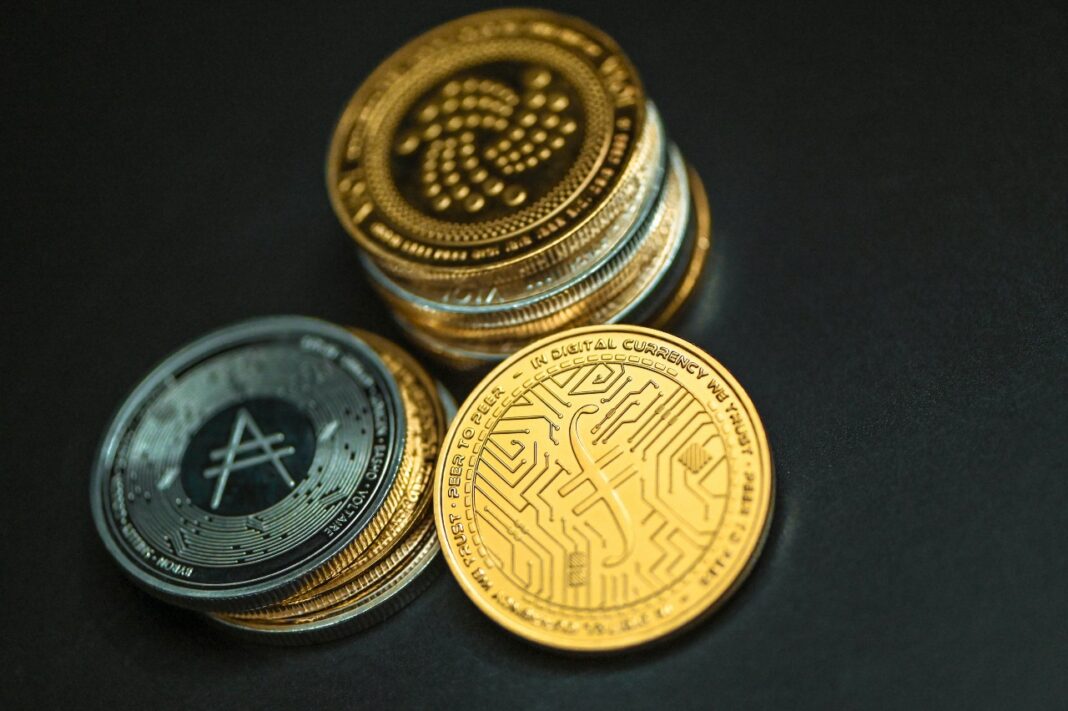The People’s Court in China has released a report that challenges the government’s blanket ban on cryptocurrencies, affirming that virtual assets are indeed legal properties protected by law.
The report not only raises questions about China’s crypto policy but also underscores the evolving perspective on digital assets within the nation.
Beijing implemented a comprehensive ban on cryptocurrencies in 2021, effectively shutting down cryptocurrency exchanges and prohibiting initial coin offerings (ICOs). This move sent shockwaves through the global crypto community, as China had been a significant player in the crypto industry, hosting some of the largest mining operations and exchanges in the world.
However, despite the ban, Chinese courts have been gradually acknowledging the property rights of virtual asset holders.
The recent report, titled “Identification of the Property Attributes of Virtual Currency and Disposal of Property Involved in the Case,” is a strong testament to this changing viewpoint. The report argues that virtual assets, despite the government’s ban on foreign digital assets, still hold economic attributes that categorize them as property. It states that these assets should be considered legal and protected under the existing policy framework, emphasizing the importance of property rights in this digital age.
This declaration could mark changes in the Chinese government’s attitude toward digital assets. However, the move is unlikely to cause a large shift in China’s stance on cryptocurrencies, despite the projected potential willingness to reconsider the regulatory framework for virtual assets.























